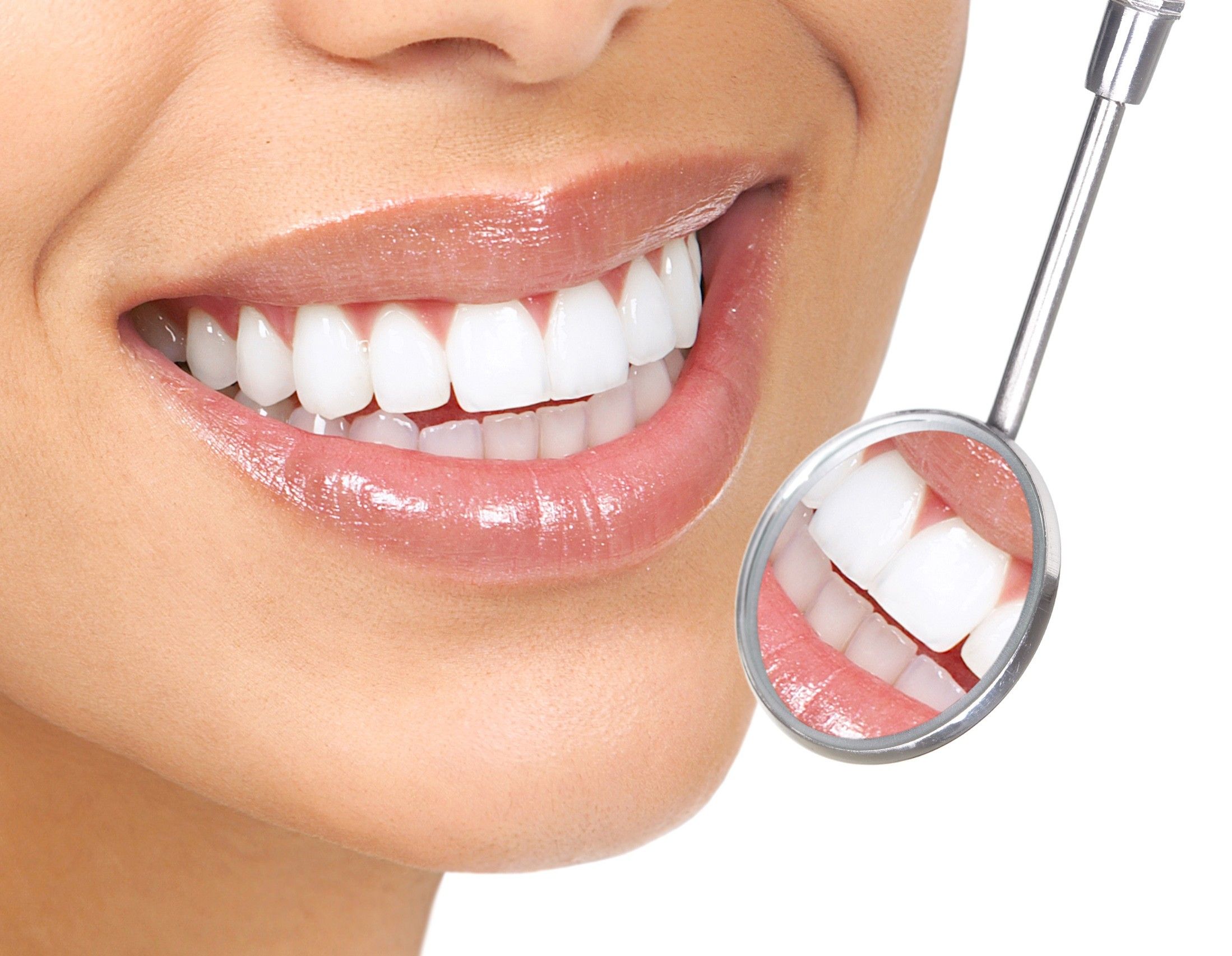When baby gets their primary teeth, these 20 teeth directly impact the child’s permanent dentition consisting of 32 teeth. A child has fewer teeth because their jaws are not fully developed to handle 32 teeth. Dental care in Indianapolis IN is important during childhood just as much as it is during adulthood.
Understanding the mouth
Children have 20 teeth, while adults have 32: adults have 28 teeth and possibly four wisdom teeth. Their dentition is composed of eight incisors, four canines, and 16 molars. Each person’s teeth are usually strung together seamlessly.
The row of teeth in the upper jaw forms a semi-oval. In the case of an abscess, the upper anterior teeth bite slightly over the lower incisors. The molar teeth have two opposite jaw-lying teeth each.
Hypodontia and hyperdontia
It is possible that an excess of teeth is present, which is referred to as hyperdontia. In humans, the primary task of the teeth is to chew ingested food. Healthy teeth are important because teeth are the first stop in the digestive tract and are used to take in, shred, and transport food. Scheduling routine Dental Care in Indianapolis IN is the best way to ensure your mouth continues to function properly.
Teeth make nutrients available to the body and prepare the eaten food for digestion. Teeth break up the food after it is moistened with saliva, creating a soft porridge that slides down the esophagus into the stomach. Working teeth need the help of masticatory muscles (jaw muscles that help the mouth chew), which makes it easier for the stomach to work, but it requires healthy teeth.
Types of teeth
* Milk teeth, also called primary teeth, are placeholders for permanent teeth
* Permanent teeth
Teeth in the dental arch have unique features that allow the tooth shape to determine which position the tooth has taken in the mouth. Teeth have a specific number that allows dentists to easily figure out which tooth needs work. The four types are incisors, canines, premolars, and molars.
The different types of teeth will differ, incisors and canines form the anterior teeth, while the molars form the posterior teeth. Visit Fishersdentist4u.com or contact a local dentist to learn more.



